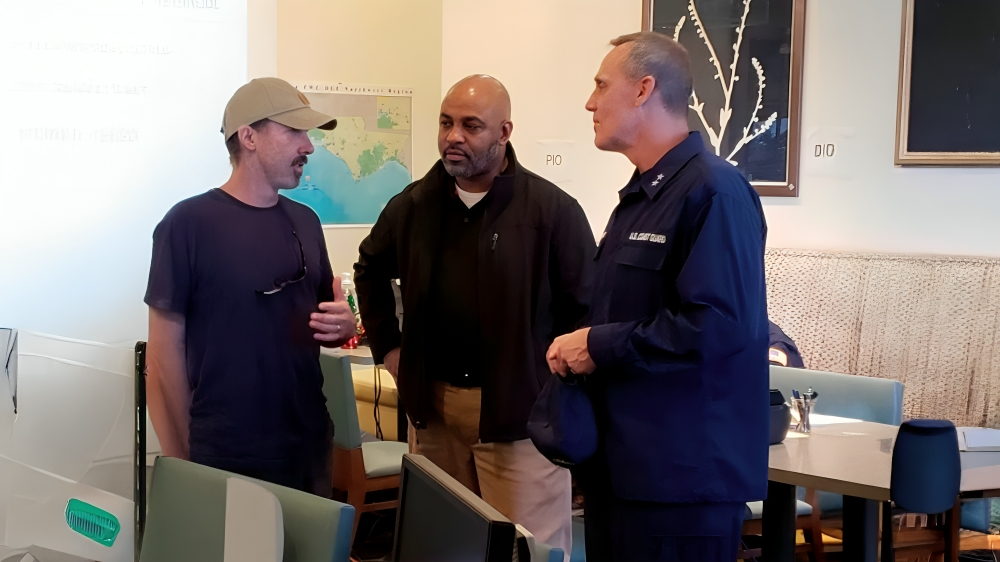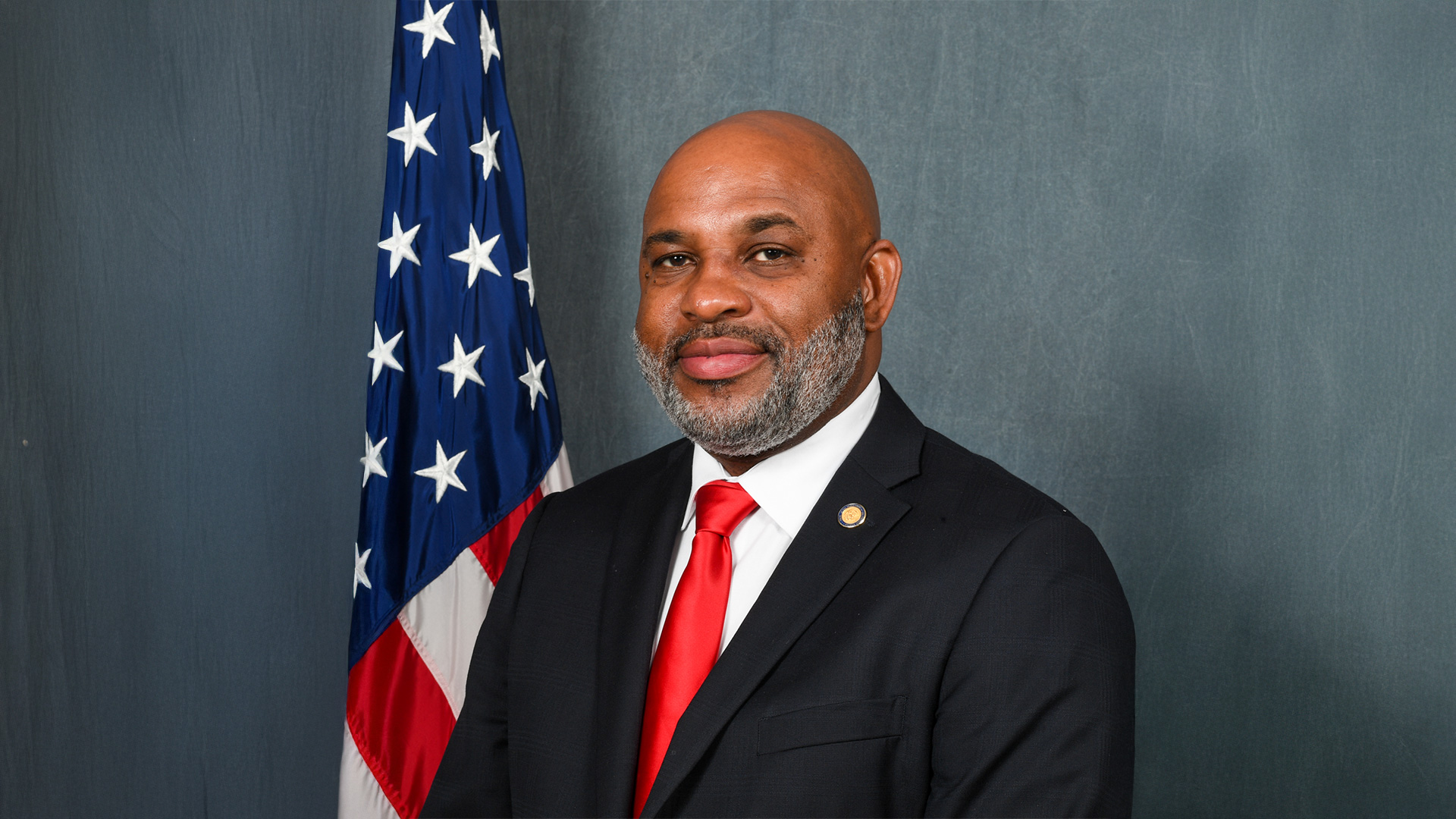WASHINGTON, DC / ACCESS Newswire / June 16, 2025 / As federal disaster management undergoes significant changes, state and local governments face new responsibilities in crisis response. This shift demands innovative approaches to emergency preparedness, funding, and coordination. Drawing from his extensive background in emergency management, Kevin Sligh Sr. offers practical insights on how communities can navigate this evolving landscape while building resilience against disasters through improved local capabilities, strategic partnerships, and emerging technologies.

Rethinking FEMA's Role
The Trump administration has FEMA squarely in its sights, according to Kevin. "They're really taking a hard look at FEMA and the cost across the government to do business," he says. While complete elimination seems unlikely due to statutory requirements under the Robert T. Stafford Act, significant restructuring appears inevitable. What might replace the current system? Kevin points to state block grants as the most likely alternative. "Each state will likely receive an allotment of funding where they can focus on mitigation, response, long-term recovery, or all phases of emergency management," he explains. This would give states more flexibility but also more responsibility.
However, the administration has recently softened its immediate posture. While the original plan was to fully shift operational response and recovery responsibilities to state, local, tribal, and territorial (SLTT) governments before the 2025 hurricane season, the administration is now delaying major operational changes until after the season ends. "You're now asking states, locals, tribes, and territories to come up with their own disaster policy before the beginning of hurricane season," Kevin points out. This pause gives SLTTs a temporary reprieve but signals that transformation is still coming.
Not all regions face equal risks, making this approach particularly complex. "The state of Vermont doesn't get a whole lot of natural disasters," Kevin notes. "But the states of Louisiana, Florida, and Texas, because they're in hurricane alley, or Puerto Rico, have received a larger allotment of funding historically."

New Challenges for Local Communities
States aren't prepared to suddenly take on roles FEMA has handled since 1979. Although the administration has delayed the full shift until post-2025 hurricane season, states still need to prepare for significant changes in the near term. This creates immediate gaps in both expertise and funding. Money poses perhaps the biggest challenge. Communities will need to create their own emergency funds to supplement federal block grants. "Each state and other local government entity will likely have to come up with some kind of Stafford Act-like fund or rainy day fund," Kevin says. "They may work with their legislatures to tax their constituents slightly more."
The California wildfires illustrate these challenges. "Los Angeles is going to go through recovery for years to come," Kevin explains. The aftermath reveals systemic problems: "Most residences are pretty much gone in Pacific Palisades, CA and Altadena, CA. Now you have homes near Pasadena, CA that were paid off because multiple generations lived there. The equity is gone because the house is gone." Insurance rarely covers full rebuilding costs, leaving homeowners in limbo. "Your insurance policy might pay a hundred thousand dollars but building a new home costs 300,000 or more. Where are you going to get the other couple hundred thousand?"
Leveraging Technology for Response
Kevin believes technology must play a central role in streamlining disaster response. "A critical piece is automating through processes and AI, so you don't have to employ as much bandwidth to process the paperwork," he says. The potential savings are substantial: "For every dollar spent in preparing, it saves at least, if not more than, $6 in response and recovery funding during disasters." Partnerships with non-governmental organizations will become increasingly vital. "States now will have to build relationships with VOADs to help them manage post-disaster," Kevin explains, referring to Voluntary Organizations Active in Disaster like Team Rubicon, the American Red Cross, and the United Way. Kevin also sees drones becoming essential tools. "The use of drone technology to create mapping immediately after a disaster" helps with everything from search and rescue to insurance claims. These immediate aerial assessments provide critical data when communities need it most.
Despite these shifts, Kevin doesn't see the federal government disappearing from disaster response entirely. "There'll still be a need to have some kind of federal coordinating element to make sure the Department of Defense, Army Corps of Engineers, Coast Guard, and all these different federal agencies still have response and recovery authorities." The fundamental change will be who leads the response. "It won't be a federally-led response. It will be a state-led response where each governor will declare a disaster to use their rainy-day funds or block grant funding," Kevin predicts.
When truly catastrophic events strike-like multiple Category 3+ hurricanes hitting the Gulf Coast-federal involvement becomes inevitable across multiple states. As Kevin puts it, "The federal government can't abdicate its responsibilities to its constituents, which is the American public." For communities across America, preparing for this new reality means building local capacity before the next disaster strikes. Reality has set in, and while FEMA's role won't dramatically change during the 2025 hurricane season, emergency management professionals around the nation are heeding the call to connect and speak out on behalf of SLTTs before future disasters incapacitate the ability to help disaster survivors on their worst day.
Connect with Kevin Sligh Sr. on LinkedIn to follow his insights on emergency management and public safety.
Media Contact
info@prometheanglobalconsulting.com
Washington, DC
(301) 875-9249
https://www.kevinsligh.com/
https://www.pgcgrp.com
SOURCE: Kevin Sligh Sr
View the original press release on ACCESS Newswire

